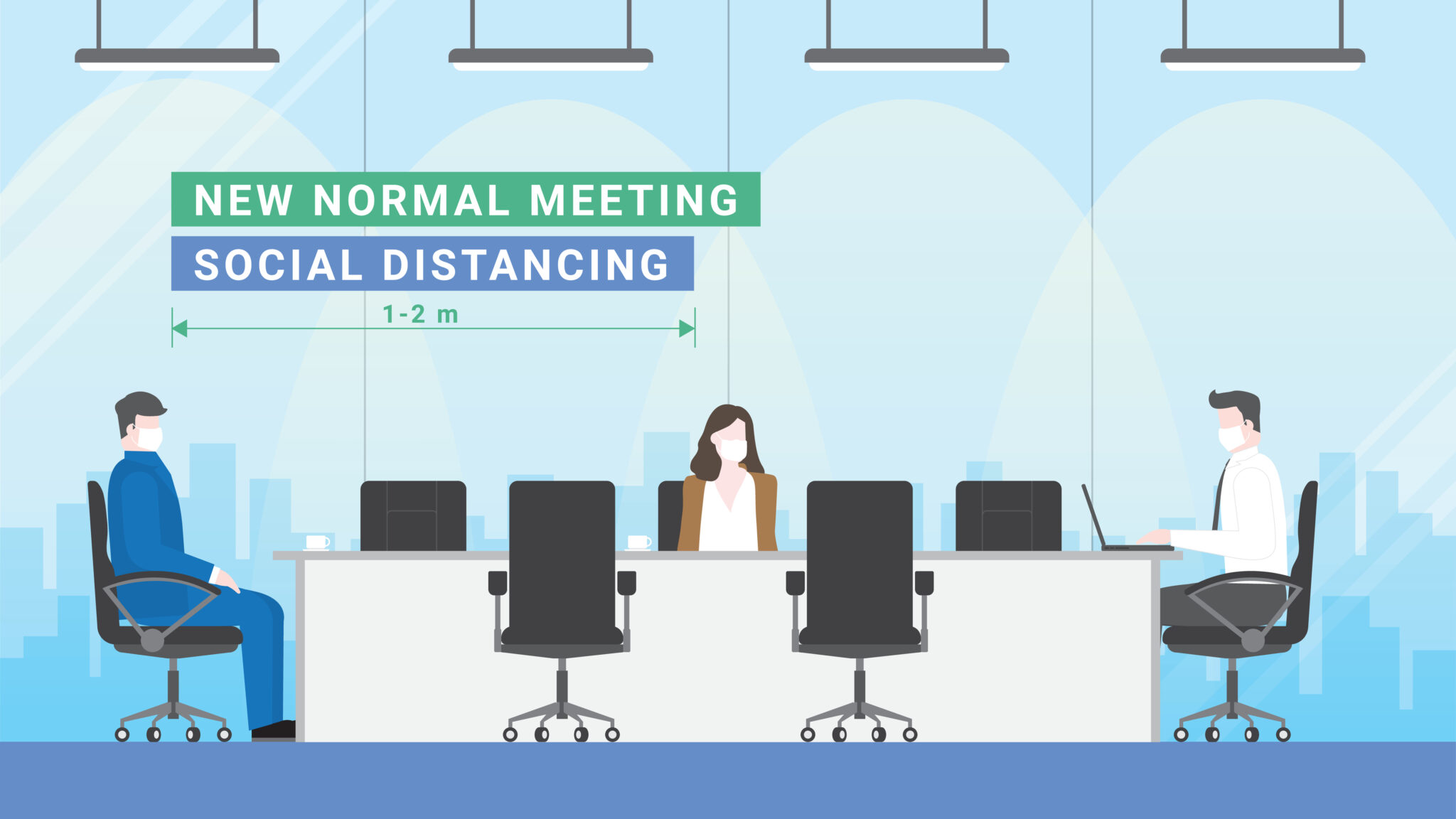Supporting Wellbeing After Lockdown
16th June 2020

The lockdown has brought the mental and emotional health of employees to the forefront of many businesses as people adapt to life amidst the uncertainty of job security and fears over the COVID-19 virus.
The transition back to the workplace brings with it a fresh set of challenges, which for any team leader can be complicated to navigate when managing remote teams. Our last article explored how to help staff return to work safely – with the introduction of a new module of the Manager’s Lockdown Toolkit.
The Safely Returning to Work module covers all the key aspects of ensuring the workplace is a safe place to be, how to minimise risks and new ways of working that will help all staff do their job as safely as possible. This second instalment of the module covers ways you can ensure your teams feel supported with the emotional challenges of changing working patterns and processes.
Employers have a ‘duty of care’ to do all they reasonably can to support their employees’ health, safety and wellbeing. This duty of care covers not only physical health, safety and wellbeing but also mental health, safety and wellbeing.
It has been widely reported that the pandemic (and the measures taken by the government to control it such as lockdown and social distancing) has had a significant impact upon the mental health of some people. Therefore, some employees may be returning to the workplace carrying heightened levels of anxiety and stress.
David Marshall, Founder and MD said “Just talking to friends and family there is such a range of feelings about return to work. For some ‘going to work’ is so important for them, they feel good leaving work behind at the end of the day, and relish the social interaction. For some, they are full of apprehension and wonder what their workplace will ask of them. I reflect now that it is this second group who are in the majority.
Employees will be tested on how flexible they will be and I encourage them that the more they give the more they will get back. It is a great opportunity, and I think a real chance to have a more engaged and loyal workforce.”
This module explores the key areas to consider when employees are returning to work and offers a framework to consider how to re-engage with your employees.
The course looks at:
- Examples of the different emotions and feelings staff may have – from the obvious fears around health and safety, to the anxiety over leaving family and being around other people.
- Working through ways team leaders can help staff to think though their new working process and acknowledge those feelings of doubt and uncertainty – helping them take control of their wellbeing.
- Developing new habits – looking at ways staff can help themselves by incorporating healthier habits into their days, such as exercise and regular mealtimes.
- Ways to recognise signs that a staff member may be struggling and how to address any issues early to avoid long-term problems.
- The higher-risk groups – such as those with some health concerns and those in the BAME community who are more vulnerable to risk and impacted wellbeing.
- Recognising stress and developing resilience in individuals and teams – offering staff a space to talk through things they have learned about the period in isolation, ways they can work better and allowing them to contribute to the changes ahead will all help to mitigate back-to-work stress.
- Reflect, review, reconnect and reboot – a four-step process which allows the whole business to identify how it moves forward. As well as the challenges the pandemic has caused, this section identifies the opportunities to improve, to be different and to be creative.
Mark Crabtree, the author of the module said, “employers may have moved very quickly to make the workplace safe for those who are returning to the physical work; however, it is important that the same employers think about how they are going to reengage with their people and offer support especially with respect to mental health wellbeing. People will need time and space to reconnect with each other and opportunities to talk. Employers need to be aware that people have experienced the last few months differently and they will bring these experiences back into the workplace with them. “
This module aims to support leaders supporting their teams so that time and resource are used effectively during the transition to a new way of working.
If you’ve not seen the Manager’s Lockdown Toolkit, contact us today and we’ll send you the details. The Toolkit is available as a FREE version to all our clients and there’s also a commercial version, so you can still make use of the resource without being a client.
If you would like a free trial of this course or find out more about our training courses please call +44 (0)845 123 3909 or get in touch using our contact form.


